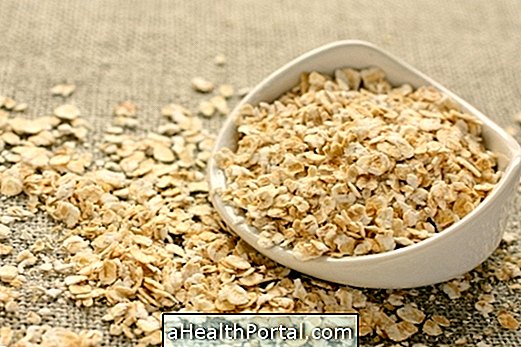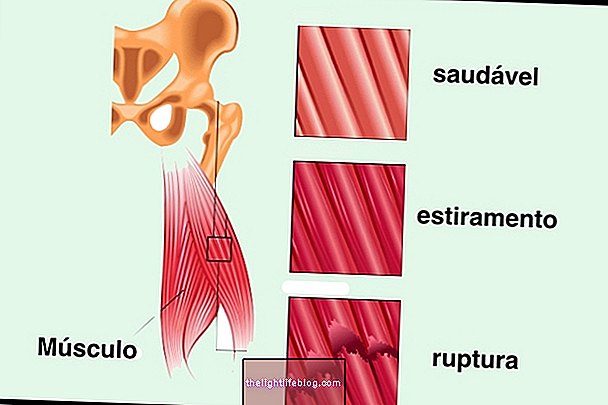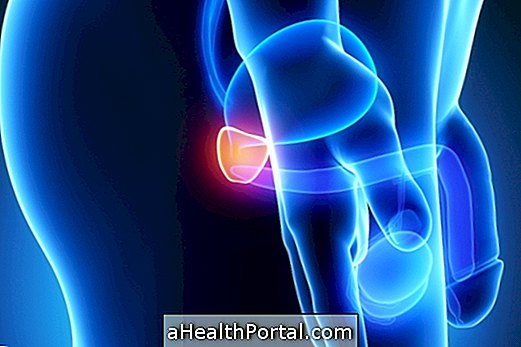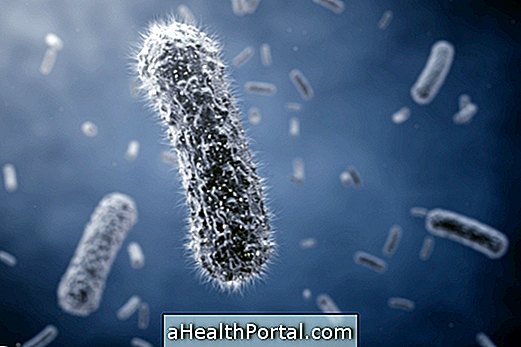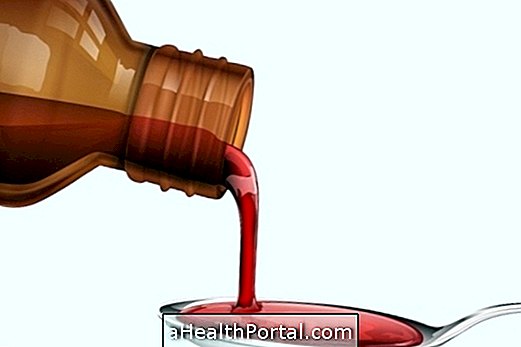Distilled water is the result of a process called distillation, which consists of boiling the water to separate and remove all impurities and other substances, leaving it in its purest form.
Although it appears to be a healthier option by removing toxic substances, for example, this type of water may not have the same benefits of filtered or mineral water and therefore should be used carefully and only with indication of a doctor or nutritionist.

Is it safe to drink distilled water?
Distilled water is safe for consumption and therefore does not cause any type of poisoning when ingested. However, their properties are not the same as filtered or mineral water, and may, over time, cause changes such as:
1. It can increase the acidity of the body
The pH of a healthy body should be slightly alkaline and therefore the blood is usually in a pH range between 7.3 and 7.4 to maintain the normal functioning of cells and prevent the onset of some degenerative diseases, such as cancer, and even premature aging.
The distilled water has a neuro pH of 7, which is slightly lower and more acidic than the blood. Although the stomach is able to balance the pH of water, when this type of water is consumed in excess with other acidic pH foods, such as sweets or meats, it may end up holding down the pH of the blood.
In this way, mineral water should be preferred, which generally has a pH higher than 7 and which therefore helps the body to keep the body more alkaline. Understand the benefits of making an alkaline diet for the body.
2. Does not hydrate the body properly
The absorption of fluids in the body is dependent on the size of the water molecules, and the smaller the size, the better the water will be absorbed. Typically, distilled water has slightly larger molecules than normal water, so the water absorption process can be hampered by preventing the body from being well hydrated.
In addition, distilled water also loses its natural structure during the distillation process, which further hampers its use by the body.
3. It can lead to loss of minerals
During the distillation process, in addition to losing substances and chemicals that may be toxic, water also loses its important minerals such as calcium, magnesium or iron, for example. In this way, people who do less diversified diets can begin to lose minerals, which end up compromising the growth of bones and the performance of muscles, for example.
What is the best water to drink?
The best drinking water is filtered or bottled mineral water with a pH greater than 7.
In this way, in addition to avoiding the continuous consumption of distilled water, tap water should also be avoided because, although it is treated in many places, it may contain traces of lead and other heavy metals that still exist in some types of plumbing.




